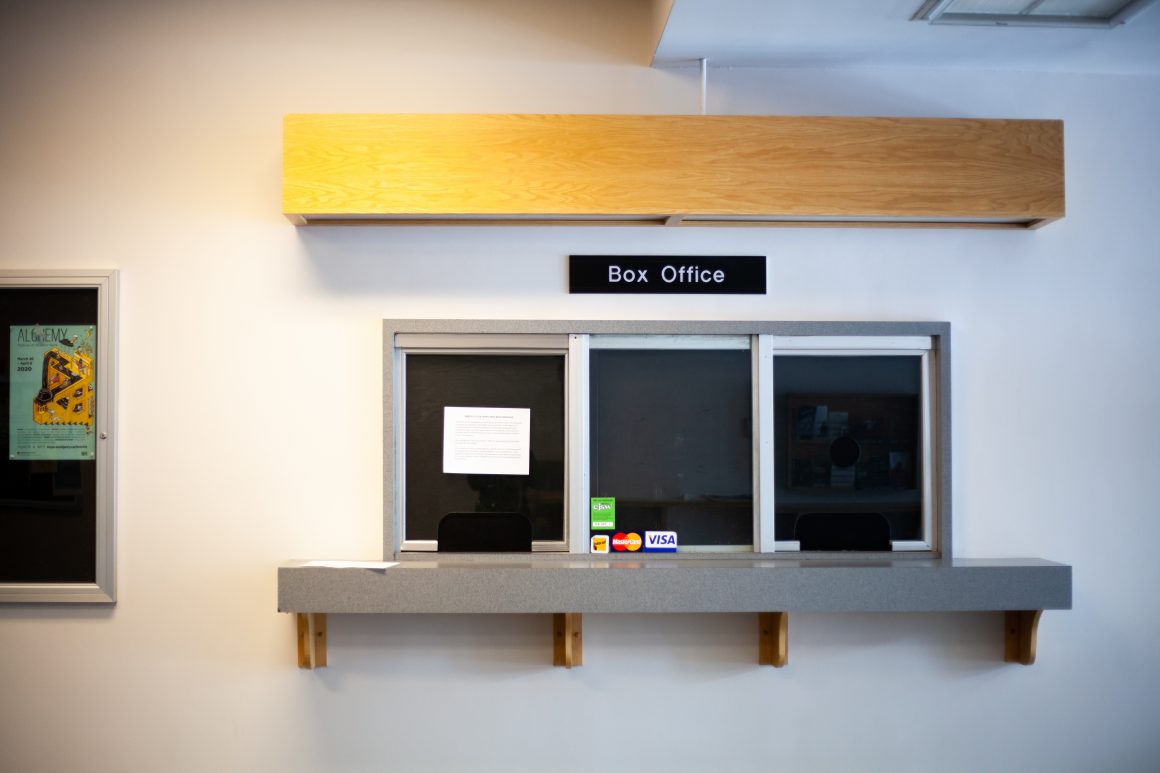
SU rejects proposed mandatory Arts and Culture fee
By Kristy Koehler, April 2 2020—
At the Students’ Legislative Council meeting on March 3, student leaders voted to reject the University of Calgary’s proposal of a new $10 per year, mandatory non-instructional Arts and Culture fee.
SLC meeting minutes reveal a robust debate about the fee on the part of faculty representatives and members of the Students’ Union executive.
Michael Nguyen, Faculty of Science representative, stated that, while he originally supported the fee, he changed his mind upon hearing his colleagues talk about how the School of Creative and Performing Arts (SCPA) failed to show that they exhausted other options before bringing a fee proposal before the SU.
Several SLC members reacted with sympathy for students of the SCPA — a group that has been largely underrepresented on the council — but indicated that the university had a responsibility to both explore other options and engage in more student consultation.
Anaita Honnaver, the Faculty of Arts Students’ Association (FASA) council member who represents SCPA, attested to the lack of student consultation on the part of the university. She was unaware that the SCPA had proposed the fee and was not consulted by her faculty. She also stated that she was not consulted by SLC’s Faculty of Arts reps.
Alisha Gordon, vice-president student life, made sure to note that voting against the fee did “not reflect each elected official’s stance on the importance of arts and culture on campus.”
The opposition to the fee largely came from concerns surrounding the university using such a fee to fund deferred maintenance.
In a conversation with the Gauntlet, president Jessica Revington said it just wasn’t the right time.
“SLC decided that, in a year where students are seeing increases in tuition and increases in existing fees, it was a poor time to introduce a new fee, despite the value it may bring to campus,” said Revington.
“There were several components of the fee. One component was to help fund deferred maintenance. Some examples given were around theatre spaces, dance floors and equipment,” she continued.
The other portions of the proposed fee revolved around continuing the Claim Your Seat program — the Quality Money-funded initiative wherein students can see shows and concerts at the SCPA for free — and increasing signage and promotion of the SCPA as well as creating an arts space on campus between the main theatre, the Rozsa Centre and the area around Craigie Hall. Funding for the Claim Your Seat program is set to expire this year.
“We understand that the university is in a very difficult spot right now as much of the deferred maintenance funding does come from the provincial government,” said Revington. “But, the way the fee was presented to SLC, it was our understanding that the university saw no other option other than the introduction of a mandatory non-instructional fee to fund the deferred maintenance.”
Huzaifah Abbas, a representative for the Hasykane School of Business, saw the proposed fee as an SCPA fee, rather than an Arts and Culture fee. He expressed frustration that no one from the university attended the SLC meeting to hear concerns and that he believed “the Faculty of Arts should manage their programs more effectively.”
In a letter to Susan Barker, vice-provost student experience, Revington outlined some recommendations and conditions under which SLC may reconsider the proposal.
The recommendations included more robust student consultation, a written guarantee that the fee would not be increased for at least five years, substantial reasons why students would not be able to opt-out, and a demand that “the University of Calgary shows their commitment to the SCPA and to fine arts on campus by budgeting for regular and ongoing maintenance of SCPA facilities.” The complete letter and SLC’s recommendations can be viewed online.
Under the Post-Secondary Learning Act, universities “shall not introduce a new mandatory non-instructional fee unless the board has obtained written approval from each of the public post-secondary institution’s student councils. The Graduate Students’ Association voted in favour of the fee, but shared some concerns as well.
“Without discounting the program’s potential benefits, the GSA representatives shared concerns about the compounding effects of this additional fee considering the increasing tuition and fees,” said GSA president Mohammad Mansouri, in a statement to the Gauntlet. “The GSA Board of Directors recommended that GRC reps reach out to their members
for feedback prior to the February GRC meeting where the topic was to be discussed in detail and voted on. At the February GRC, Susan Barker, vice-provost student experience presented the Arts fee proposal, heard students’ concerns during the discussion period and answered students’ questions. At
the end, a motion was passed to approve or reject the introduction of the new Arts fee. GRC approved the introduction of the new Arts fee.”
Ultimately, due to SLC’s veto, the fee will not be implemented.
